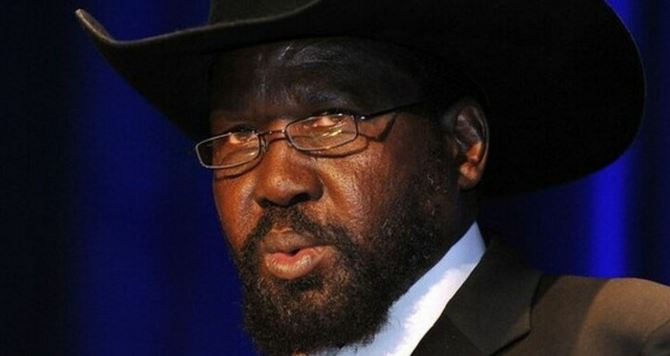BY CHANGKOUTH BOUTH
In recent weeks, South Sudan President Salva Kiir Mayardit has issued several presidential decrees that have sparked debate about their potential impact on the country’s political landscape. Among these decrees is the appointment of Dr. Benjamin Bol Mel to the prominent position of vice president.
Advantages
- The appointment of Dr. Bol Mel and the reshuffling of key government positions may bolster the effectiveness of governance in South Sudan by injecting fresh perspectives and capabilities into the administration.
- The decrees aim to address power-sharing concerns raised by opposition factions, potentially fostering a more inclusive political environment that reflects the interests of diverse groups.
Disadvantages
- The dismissal of high-ranking officials such as the two vice presidents (Huessein Abdelbagi Akol and James Wani Igga) and the National Security Service Internal Security Bureau head, Gen. General Akec Tong Aleu, may create uncertainty and instability within the government, leading to potential power struggles and disruptions in policy.
- The ousted officials may still have loyal supporters within the government or military. These supporters could become disillusioned or feel threatened, potentially leading to splits within the ruling party or armed forces.
- Sudden leadership changes can create uncertainty among the general population, potentially leading to public unrest or a lack of confidence in the government’s ability to maintain stability.
- If the dismissed officials were involved in ongoing peace negotiations or represented specific interest groups, their removal could disrupt progress in the peace process and sow distrust among stakeholders. It is important to note that while these potential consequences could contribute to insecurity in South Sudan, the actual impact will depend on how the government manages the transition and addresses the concerns of various factions and the public.
- The removal of key figures may create power vacuums within the government, leading to political jockeying and potential conflict among remaining officials or factions seeking to fill these positions.
The dismissal of high-ranking officials in South Sudan, such as the two vice presidents and the National Security Service head, can potentially lead to insecurity for several reasons.
- The removal of key figures may create power vacuums within the government, leading to political jockeying and potential conflict among remaining officials or factions seeking to fill these positions.
- The ousted officials may still have loyal supporters within the government or military. These supporters could become disillusioned or feel threatened, potentially leading to splits within the ruling party or armed forces.
- Sudden leadership changes can create uncertainty among the general population, potentially leading to public unrest or a lack of confidence in the government’s ability to maintain stability.
- If the dismissed officials were involved in ongoing peace negotiations or represented specific interest groups, their removal could disrupt progress in the peace process and sow distrust among stakeholders. It’s important to note that while these potential consequences could contribute to insecurity in South Sudan, the actual impact will depend on how the government manages the transition and addresses the concerns of various factions and the public.
In conclusion, the dismissal of senior government officials by President Kiir, alongside ongoing peace talks with Gen. Simon Gatwech and the Tumaini Initiative in Kenya, has the potential to significantly impact South Sudan’s political landscape. If these events lead to a successful restructuring of the government and progress in peace negotiations, South Sudan could see a reduction in violence and a more inclusive political environment. However, there is also a risk that the convergence of these factors could exacerbate tensions and create further instability.
Should President Kiir’s decisions deepen political divisions and disrupt peace efforts, South Sudan may experience heightened insecurity, renewed conflict, and a setback in its efforts to establish lasting peace.
With the military campaign in Upper Nile adding another layer of complexity, all parties must exercise restraint and maintain a commitment to dialogue to prevent the situation from escalating. Ultimately, the consequences of these developments will depend on the actions and decisions of South Sudan’s leadership, as well as the engagement of regional and international stakeholders in fostering an environment conducive to peace and reconciliation.
The writer is an entrepreneur, freelancer, and digital assets investor and can be reached via cbouth@tidee.org.
The views expressed in ‘opinion’ articles published by Radio Tamazuj are solely those of the writer. The veracity of any claims made is the responsibility of the author, not Radio Tamazuj.




